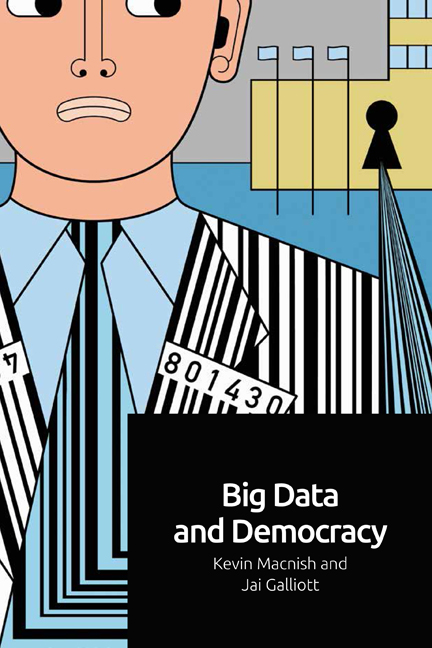Five - Dark Advertising and the Democratic Process
Published online by Cambridge University Press: 17 October 2020
Summary
Political advertising is changing. Dominic Cummings, Campaign Director for Vote Leave sums this up well in an article on how Brexit was ‘won’:
We were urged by everyone to hire a big advertising agency and do traditional posters. ‘When can we discuss our posters?’ I was asked constantly by people who would then try to explain to me their creative ideas (‘we need another Labour Isn't Working, Dominic, I’ve got an idea for a picture of the globe and arrows …’) … Instead of spending a fortune on an expensive agency (with 15% going to them out of ‘controlled expenditure’) and putting up posters to be ‘part of the national conversation’ weeks or months before the vote, we decided to … put almost all our money into digital (∼98%) … (Cummings 2017)
Facebook also advertised its own ‘success story’ with the election of the Conservative Party in the UK in 2015. The advert claims:
In a tightly contested election, the UK political party combined powerful creative [advertising] with Facebook 's targeting tools to achieve what the pollsters and media had universally predicted to be impossible: a win by outright majority.
80.6% reach in key constituencies on Facebook
3.5 million video views
86.9% of all ads served had social context
This advertisement also contains the following quote from Craig Elder, Digital Director of the Conservative Party:
The level of targeting we had available to us on Facebook – coupled with the research and data we produced internally – meant that we can say for the first time in a UK election that digital made a demonstrable difference to the final election result.
Political advertising is changing. In this chapter, I consider some of the implications of this for the democratic process.
We are now aware that Cambridge Analytica, for instance, harvested data from Facebook and used it to create targeted online political advertisements in both the Brexit vote and the 2016 US Presidential Election. This raises numerous ethical concerns, including issues of consent, privacy and respect for citizens’ data and information. These are seriously important issues, but I will not explicitly address them here. In this chapter, I focus on online political advertisements .
- Type
- Chapter
- Information
- Big Data and Democracy , pp. 73 - 88Publisher: Edinburgh University PressPrint publication year: 2020



